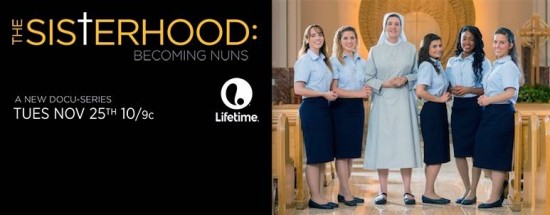It doesn’t always flow so easily, or so naturally, especially when the family has been shattered and new people are coming in and out of the framework.
When I was 14, two things happened. First, he met a woman, moved in with her, and got engaged. Second, I entered high school. The future he and I had talked about so hopefully became foreshortened; like Tony Manero’s, my future was tonight.
With startling speed, my father changed from a wise and patient counselor into, well, a crabby and demanding father. “Tell me some good news!” he’d bark, only half-kidding whenever I called him. He meant: show me some sign of ambition. A straight B- student with no concept of adulthood or its demands, I couldn’t. Nor could he explain them, except by example, and his example was misleading. Whereas I had to stuff my head with dull and arcane subjects like chemistry and geometry, he earned $150 for holding a 50-minute conversation. The dice were cogged.
His taste for the finer things, once a source of pride, began to look like ostentation. The stuff—the pricey gadgets and objets with which he filled the Upper West Side apartment he shared with his new wife—looked like a kind of Berlin Wall, built to keep me at a distance. One of the few friends I brought over earned my father’s undying wrath by standing, in dirty, bare feet, on a chamois rug he and his wife had picked up on a trip to the Pyrenees. “Make yourself at home” was no longer an imperative.
Over the next two years my indolence and his territoriality both grew, seemingly in direct proportion to one another. At the end of junior year, I dropped out of school, arranging to earn my GED by completing a series of internships. My weekends with my father began and ended in seething silence. One evening, about a month before my 18th birthday, I showed up in a typically foul mood, and found him—typically—in an identical state. Growling hello, I pushed past him into the kitchen, and proceeded to pour myself a glass of orange juice.
“Hey!” he shouted, in a tone that might have sounded imperious on a construction site. “That’s our orange juice.” The possessive pronoun referred to himself and his wife.
Such a small thing to begrudge, I thought, slamming the glass down on the kitchen counter. Enraged as much by the offense against his glass as anything else, he grabbed me by the shirt and dogged me into the next room. We grappled and cursed, and the next thing I knew, I’d laid him out flat with a right cross and a right uppercut.
I am horrified to say I was not horrified. I am now, as I tell the story; but at the time, and for many years afterward, all I felt was triumph. Those were the first real punches I’d ever thrown, and I’d scored a knockout. The young George Foreman could have done no better. I remember leaping over his body on the way to the door, relieved that I’d never have to deal with him again.
And yet, there is still the reaching out — toward a father, and a son, and mercy











